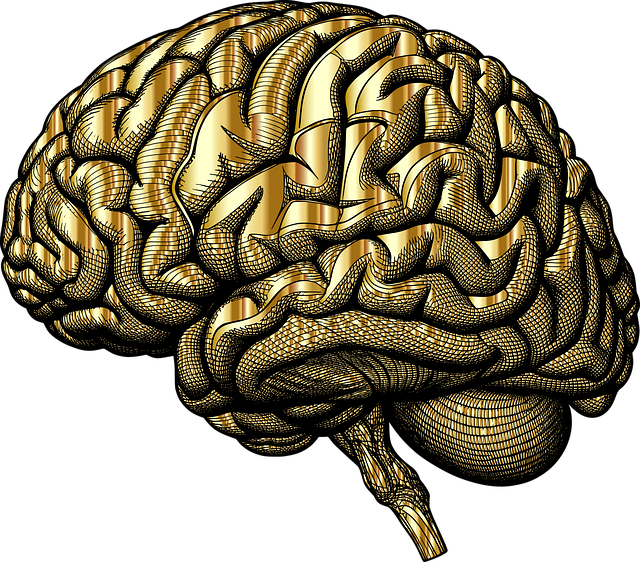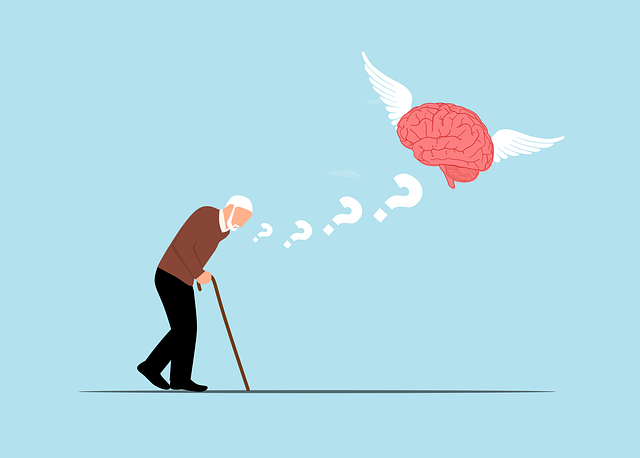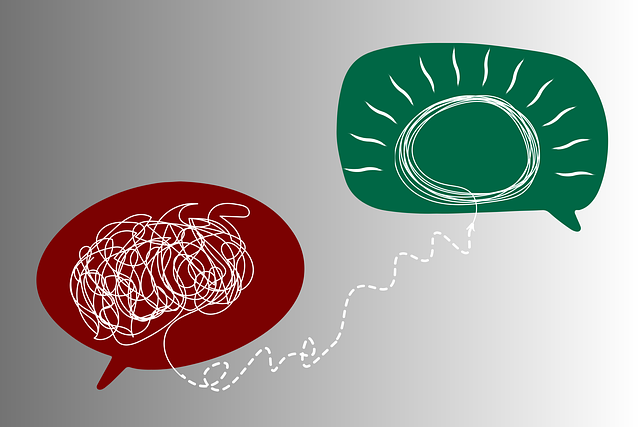In today's diverse societies, understanding cultural diversity in mental health care is vital for providing superior play therapy. Therapists must be culturally sensitive, fostering trust and communication by respecting clients' backgrounds, beliefs, and values. This approach allows them to tailor interventions, incorporate traditional healing methods, and adapt play therapy techniques to address specific cultural needs. By embracing self-awareness and stress reduction practices, therapists can bridge cultural gaps, deliver effective evidence-based treatments, promote healing, and ensure holistic mental health care for all.
In today’s diverse society, cultural sensitivity is paramount in mental healthcare practice. Understanding and respecting cultural differences can significantly enhance therapeutic relationships, leading to more effective treatment outcomes. This article explores key aspects of providing culturally competent care, including the impact on therapy, adapting play therapy techniques for diverse populations, ethical considerations, and fostering inclusive environments. Discover how superior play therapy methods can revolutionize mental health support for all.
- Understanding Cultural Diversity in Mental Health Care
- The Impact of Cultural Sensitivity on Therapeutic Relationships
- Adapting Play Therapy Techniques for Diverse Populations
- Ethical Considerations in Cross-Cultural Practice
- Fostering Inclusive Mental Healthcare Environments
Understanding Cultural Diversity in Mental Health Care

Understanding Cultural Diversity in Mental Health Care is a foundational step towards providing superior play therapy and crisis intervention guidance. In today’s diverse societies, mental healthcare practitioners must be equipped to navigate a wide range of cultural backgrounds, beliefs, and values. This includes recognizing and respecting unique expressions of distress, coping mechanisms, and the influence of social determinants on mental health. By embracing cultural sensitivity, therapists can foster trust, enhance communication, and tailor interventions that resonate with clients from various ethnic, racial, and socioeconomic groups.
Compassion cultivation practices play a pivotal role in bridging cultural gaps. Therapists can cultivate self-awareness about their own biases and incorporate stress reduction methods to create a safe, supportive environment. This not only helps in understanding the client’s perspective but also enables effective delivery of evidence-based treatments, such as play therapy, which can be adapted to address specific cultural needs. Ultimately, cultural sensitivity is not just a professional responsibility; it is a key ingredient in delivering superior mental healthcare services that promote healing and well-being for all individuals.
The Impact of Cultural Sensitivity on Therapeutic Relationships

Cultural sensitivity plays a pivotal role in fostering robust therapeutic relationships between mental healthcare providers and clients from diverse backgrounds. When therapists demonstrate an understanding and appreciation for their client’s cultural values, beliefs, and practices, it creates a safe and supportive environment. This, in turn, enhances client engagement and encourages open communication. For instance, a culturally sensitive approach can involve incorporating aspects of the client’s traditional healing practices into therapy sessions, fostering a sense of familiarity and trust.
Incorporating self-awareness exercises and inner strength development techniques that resonate with the client’s cultural context can significantly impact treatment outcomes. By recognizing and respecting cultural differences, therapists can adapt their play therapy methods to suit individual needs, ensuring a more effective and meaningful therapeutic journey. Moreover, cultural sensitivity promotes the exploration of issues related to identity, community, and social support systems, which are essential for comprehensive mental health care, especially when considering stress reduction methods tailored to diverse populations.
Adapting Play Therapy Techniques for Diverse Populations

In providing mental healthcare services to diverse populations, adapting Play Therapy techniques is essential for fostering superior therapeutic outcomes. Recognizing cultural differences and incorporating tailored activities can significantly enhance the effectiveness of play therapy. For instance, when working with families from different ethnic backgrounds, therapists might use cultural narratives or toys that resonate with the clients’ heritage, encouraging emotional regulation and building resilience. By embracing these adaptations, mental health professionals can create a safe and inclusive environment, allowing children to express their feelings freely.
This culturally sensitive approach not only respects individual identities but also enables therapists to address specific challenges unique to each client. For example, for individuals dealing with anxiety, play therapy techniques can be adapted to include guided relaxation activities through pretend play, offering anxiety relief. Similarly, resilience-building exercises can be customized using age-appropriate games and storytelling to help clients cope with trauma or stress. Such personalized strategies contribute to the holistic development of the child while ensuring cultural competency in mental healthcare practices.
Ethical Considerations in Cross-Cultural Practice

In the realm of mental healthcare, cultural sensitivity is paramount to ensuring effective and ethical treatment. When practicing cross-cultural therapy, such as superior play therapy, therapists must navigate a complex web of ethical considerations. These include understanding the patient’s cultural context, beliefs, and values, which may significantly influence their perception of mental health and healing. Empathy building strategies are crucial here—the ability to comprehend and respect diverse perspectives fosters trust and opens avenues for meaningful communication.
Designing mental health education programs that cater to various cultural backgrounds is another essential aspect. By incorporating culturally sensitive approaches, therapists can challenge stereotypes and promote mental health awareness. This involves tailoring interventions, language choices, and even therapeutic techniques to align with the client’s cultural identity. Such personalized care not only enhances treatment outcomes but also underscores the importance of cultural sensitivity in shaping inclusive and effective mental healthcare practices.
Fostering Inclusive Mental Healthcare Environments

Creating inclusive mental healthcare environments is paramount to ensuring effective and equitable treatment for all individuals. By integrating cultural sensitivity into practice, therapists can foster a safe and supportive space that respects and values diverse backgrounds, beliefs, and identities. This approach not only enhances patient-therapist relationships but also improves outcomes, as it allows individuals to connect with their unique experiences and express themselves authentically.
Play therapy, specifically Superior Play Therapy, serves as an exceptional tool for achieving this inclusivity. Through play, therapists can facilitate emotional healing processes while adapting interventions to cater to diverse cultural needs. By incorporating culturally responsive practices, mental wellness coaching programs can be developed to prevent burnout among practitioners and ensure they are equipped to support the complex emotional needs of their clients, fostering a holistic approach to mental healthcare.
Cultural sensitivity is a cornerstone of modern mental healthcare, fostering inclusive environments that resonate with diverse populations. By understanding cultural diversity and its impact on therapeutic relationships, professionals can adapt techniques like Superior Play Therapy to meet unique needs. Ethical considerations guide cross-cultural practice, ensuring respect and competence. Ultimately, embracing these principles not only enhances therapy outcomes but also creates a more welcoming mental healthcare landscape for all.














